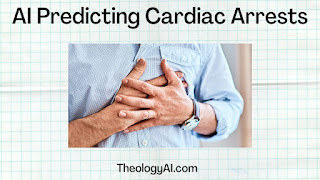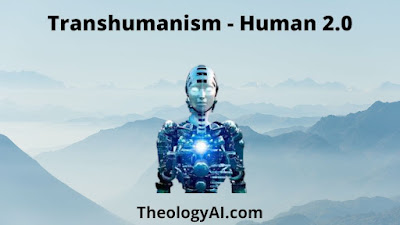AI has gained popularity in recent years, and its usage has gone up way more than the general public is realizing. Just like exponential technological advancements seen in recent years, AI applications have also grown. Many technology companies are pursuing AI and looking for ways to incorporate it to automate business processes.
According to James Vincent, AI Research and Development are booming, but general intelligence is still out of reach. After reviewing the AI Index 2019 Annual Report, he has highlighted the main trends in AI.[1] AI research has gained much momentum, and “Between 1998 and 2018, there has been a 300 percent increase in the publication of peer-reviewed papers on AI. Attendance at conferences has also surged; the biggest, NeurIPS, is expecting 13,500 attendees this year, up 800 percent from 2012.”
AI education is also growing, with over twenty-one percent of computer science PhDs related to AI. AI algorithms are also becoming faster and cheaper to train. The report finds that “The AI Index team noted that the time needed to train a machine vision algorithm on a popular dataset (ImageNet) fell from around three hours in October 2017 to just 88 seconds in July 2019. Costs also fell, from thousands of dollars to double-digit figures.” Private investment in AI-related research has also increased. He concluded that, when thinking about AI limitations and promises, it’s good to remember the words of machine learning pioneer Andrew Ng: “If a typical person can do a mental task with less than one second of thought, we can probably automate it using AI either now or in the near future.” We’re just beginning to find out what happens when those seconds are added up.[2]
General AI is still not there. There are many benefits of AI, which have been realized in many fields and noticeably in medical science. Robots are used in performing surgery. Recently there was a report of AI systems outperforming medical experts in spotting breast cancer. Software developed by Google Health could make breast screening more effective and help in places there is a shortage of radiologists.[3] Later another report came out, which highlights the issue with such systems. A new study from Google seems to show the promise of AI-assisted health care, and it shows the threat as well. This study concluded that AI makes bad medicine even worse.[4]
As the use of AI is increasing in daily life, there are ethical and relational issues that the church and ministers cannot ignore. As the researcher had some conversations with a few ministers before starting this project, it was evident that the church at large needs to be made aware of the issues raised by AI and how to respond to the questions raised by the younger generation. One person made the comment that at the end of the day, a computer has to be unplugged to stop AI. With the biblical and literature review of literature conducted in this project, it is evident that the issue of AI is of unplugging a computer. As AI augments humans and the capability of machines, it is essential to set limits and have strong policies per the commands given by God in the Bible. Any advancements which are in rebellion with God’s law and intent for humans will result in a judgment and undesired consequences. Therefore, there is a need for a biblical framework to address some of the challenges posed by AI.
[1] Raymond Perrault, Yoav Shoham, Erik Brynjolfsson, Jack Clark, John Etchemendy, Barbara Grosz, Terah Lyons, James Manyika, Saurabh Mishra, and Juan Carlos Niebles, The AI Index 2019 Annual Report (Stanford, CA: AI Index Steering Committee, Human-Centered AI Institute, 2019).
[2] James Vincent, “AI R&D is booming, but general intelligence is still out of reach,” The Verge, December 12, 2019, accessed December 29, 2019, https://www.theverge.com/2019/12/12/21010671/ai-index-report-2019-machine-learning-artificial-intelligence-data-progress.
[3] Ian Sample, “AI system outperforms experts in spotting breast cancer,” The Guardian, January 1, 2020, accessed January 5, 2020, https://www.theguardian.com/society/2020/jan/01/ai-system-outperforms-experts-in-spotting-breast-cancer.
[4] Christie Aschwanden, “Artificial Intelligence Makes Bad Medicine Even Worse,” Wired, January 10, 2020, accessed January 10, 2020, https://www.wired.com/story/artificial-intelligence-makes-bad-medicine-even-worse.






%20Image.jpg)

.jpg)





.png)

